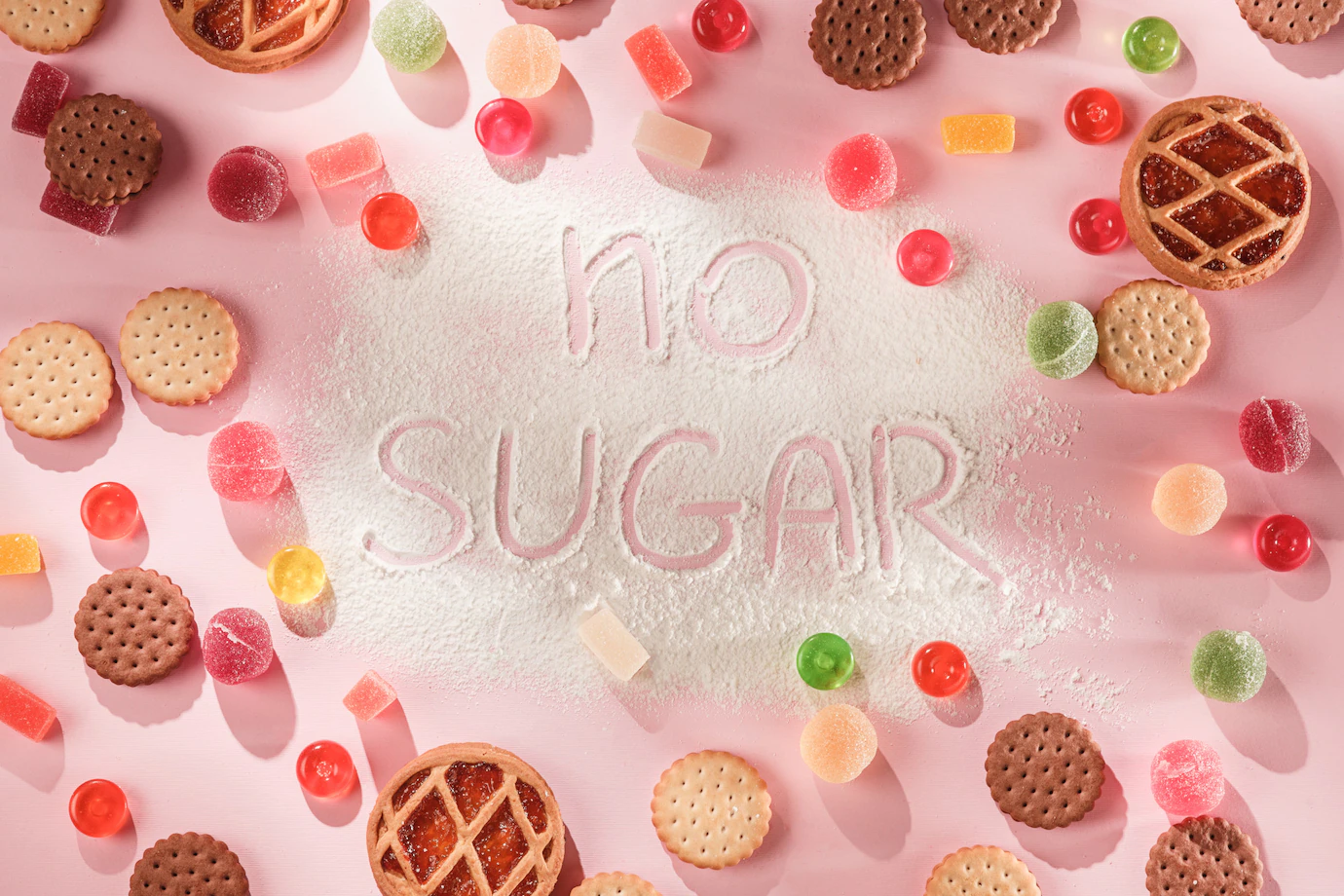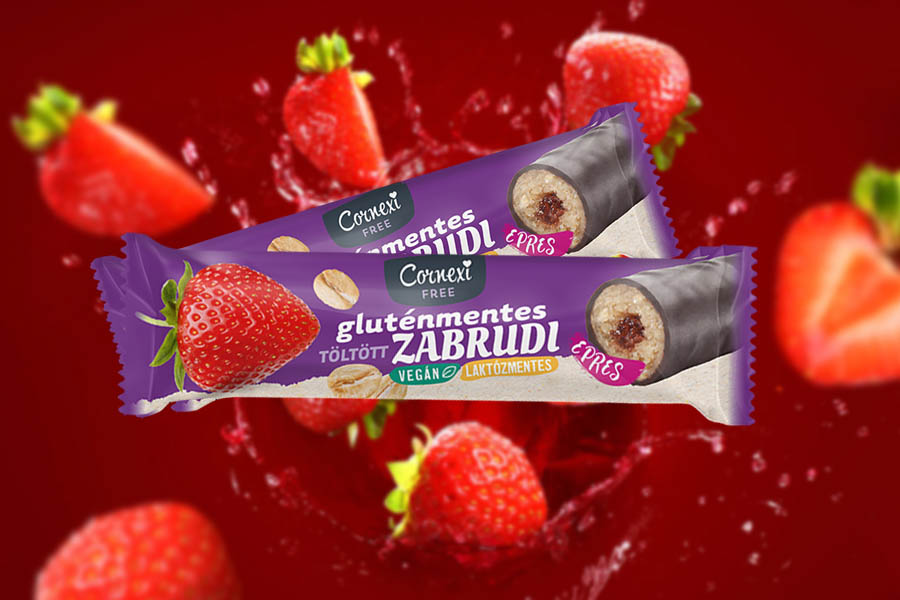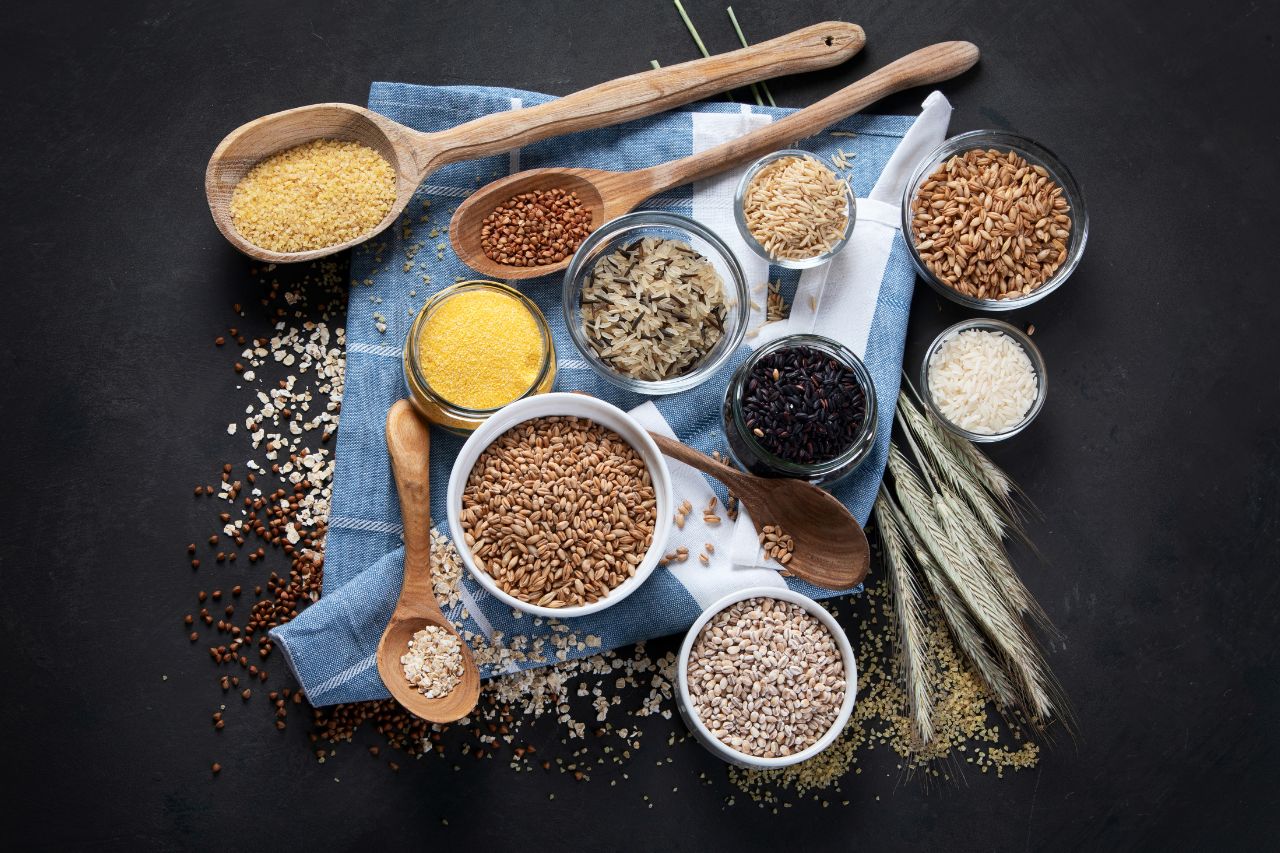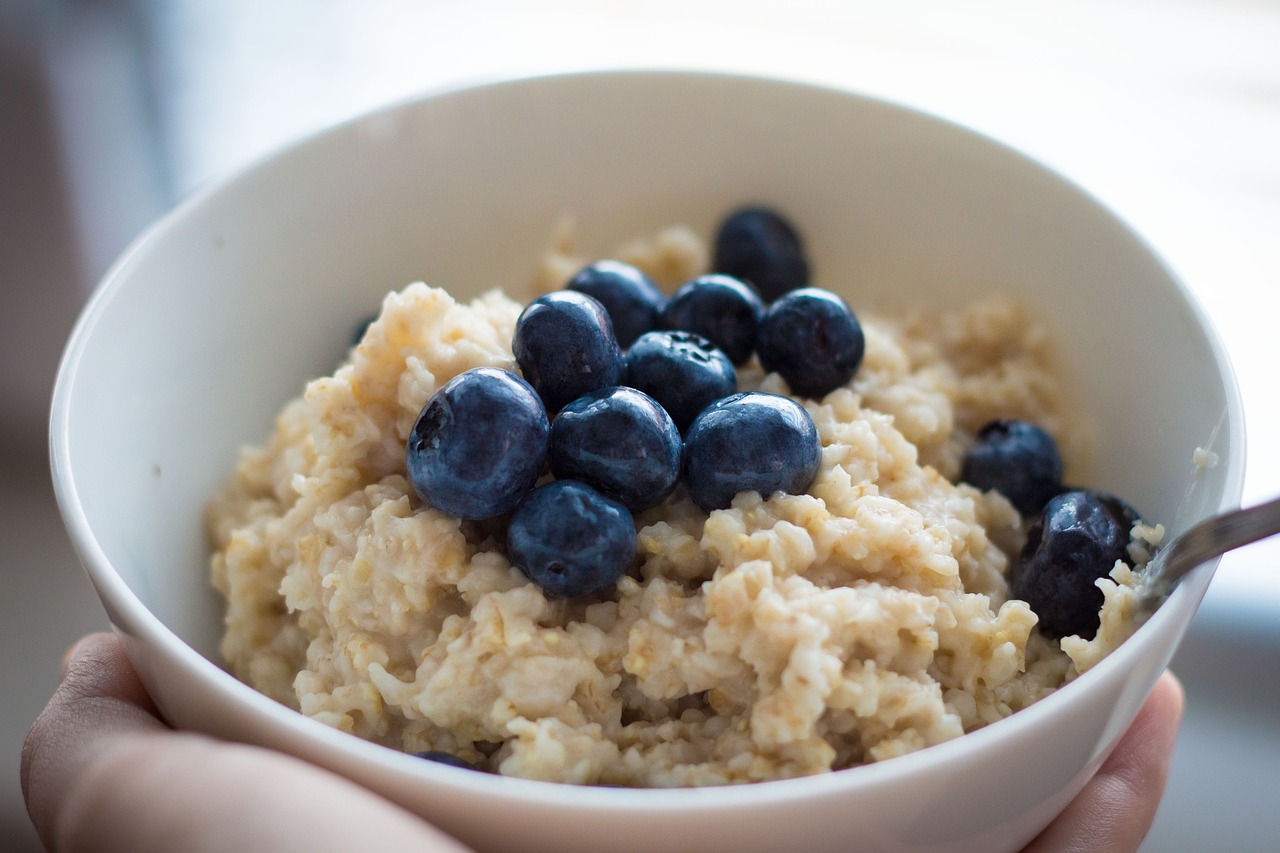Sugars have a major role in the performance of our body, since they have a huge impact on our physical condition and even affect our mood. Many natural sugars exist – for example glucose, fructose and galactose, a component of lactose.
However, consuming sugar is harmful only if it is not done in moderation. Reducing sugar content is a necessary trend not to be followed by all means though, however, we see that not only on the cereal market. Sugars (saccharose, glucose, fructose, etc.) are parts of the expanding range of human foods from the very beginning as natural sweeteners, sources of happiness and nutrition for the brain. Granulated sugar, cane sugar, powdered sugar or sometimes lactose are widely used in the households. The sweetest kind of sugar is fructose, followed by sucrose, then glucose, maltose and lactose.











